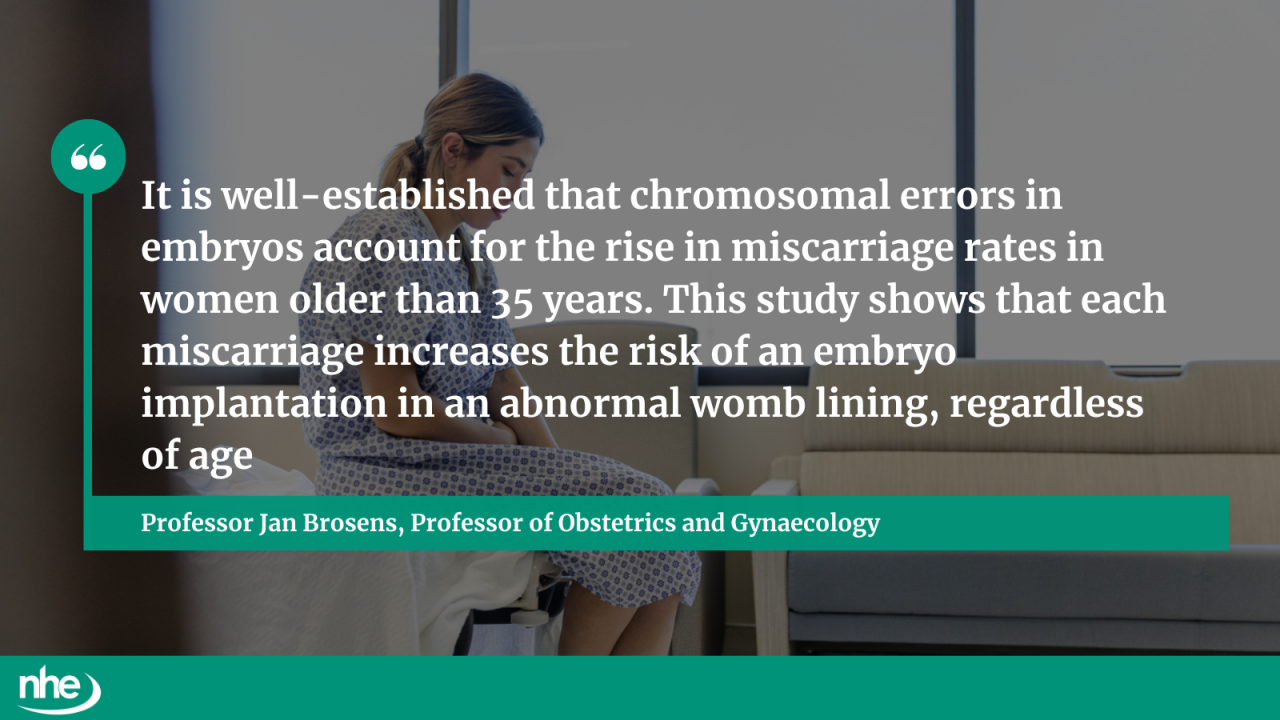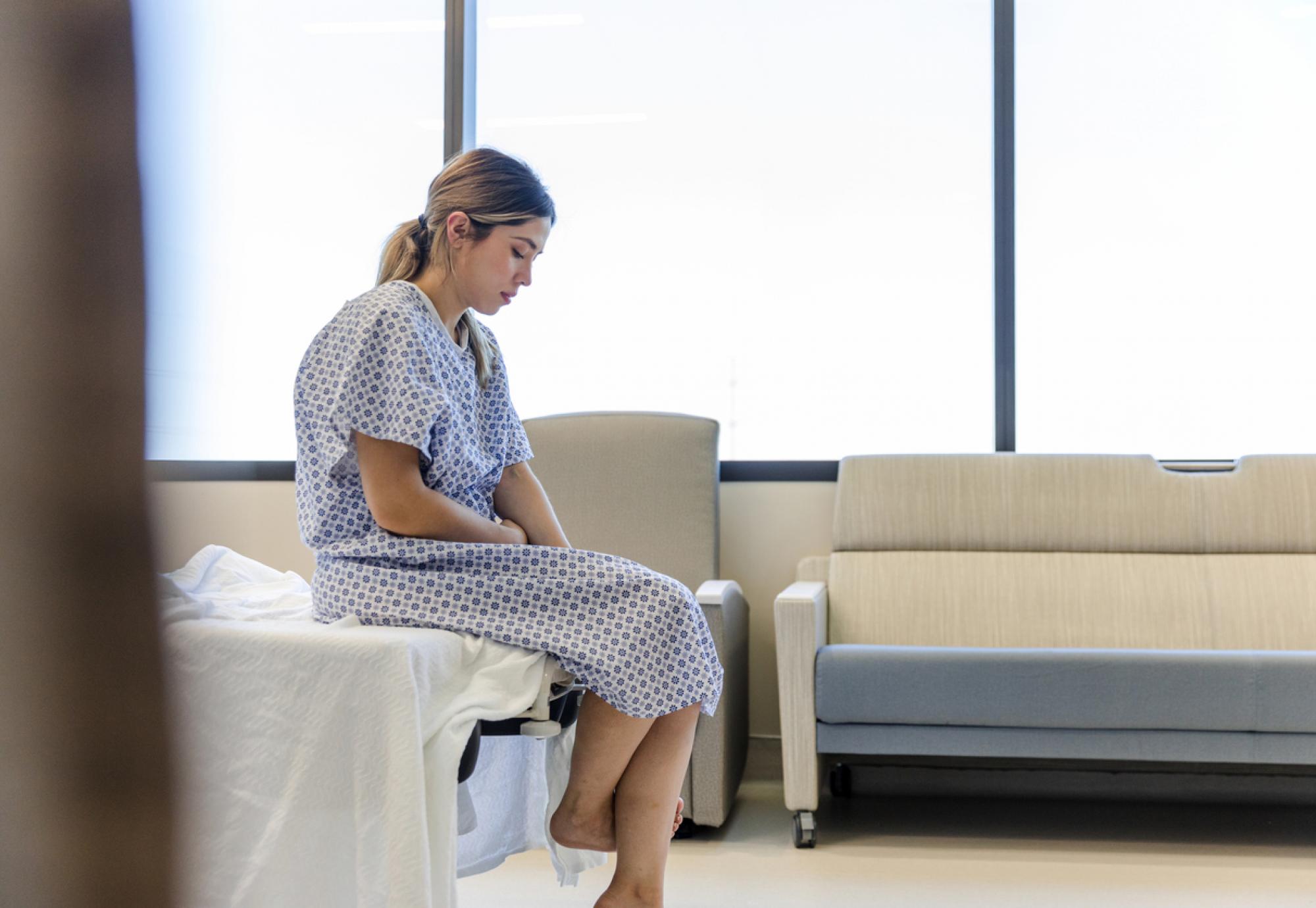A landmark study led by the University of Warwick and University Hospitals Coventry and Warwickshire NHS Trust, with funding from pregnancy charity Tommy’s, has uncovered a major cause of recurrent miscarriage.
Published in Science Advances, the study is the largest of its kind, analysing over 1,500 biopsies from more than 1,300 women. It reveals that an abnormal decidual reaction — the monthly transformation of the womb lining to support pregnancy — is a consistent and measurable factor in early pregnancy loss.
While embryo quality has long been studied, the endometrium (womb lining) has remained a largely unexplored factor in miscarriage. This research shows that when the decidual reaction is too weak or too strong, it creates an unstable environment that increases the risk of early pregnancy loss, even when embryos are healthy.
Crucially, this abnormal response is not random — it recurs across menstrual cycles, explaining why miscarriage often happens repeatedly in some women.
Professor Jan Brosens, Professor of Obstetrics and Gynaecology and senior author, said:
“It is well-established that chromosomal errors in embryos account for the rise in miscarriage rates in women older than 35 years. This study shows that each miscarriage increases the risk of an embryo implantation in an abnormal womb lining, regardless of age.
“Thus, the frequency of one of two events - abnormal embryo or abnormal decidual reaction – happening over hundreds of menstrual cycles determines the likelihood of miscarriage in each individual woman. Importantly, we now have the tools to screen for the risk of preventable miscarriage and to evaluate treatments that improve the womb lining before pregnancy.”

The research team has developed a diagnostic test to measure the molecular signals of a healthy or dysfunctional womb lining. Already being piloted at University Hospital Coventry, the test has supported care for over 1,000 patients, offering new hope to women who have long lacked answers.
This breakthrough shifts the focus of fertility diagnostics beyond embryos and hormones, positioning the womb lining as a key player in early pregnancy health and opening the door to personalised pre-conception care.
Image credit: iStock



















